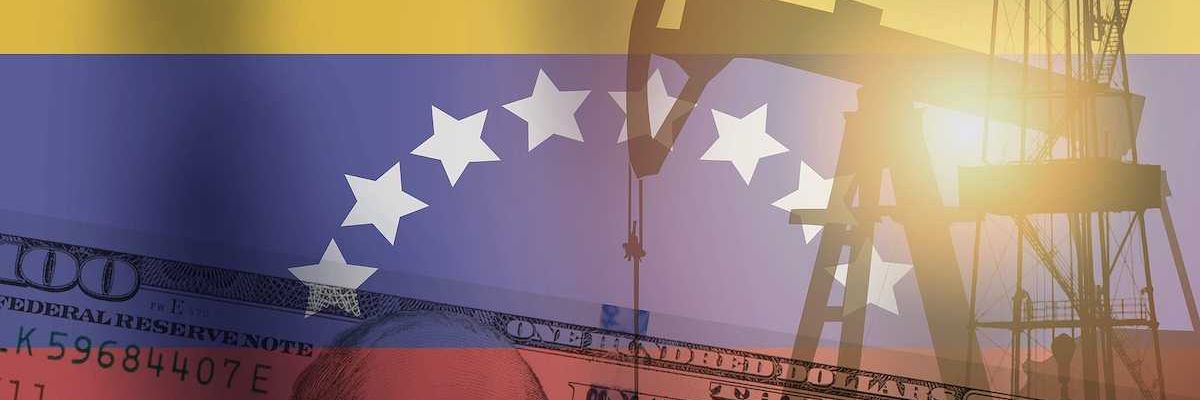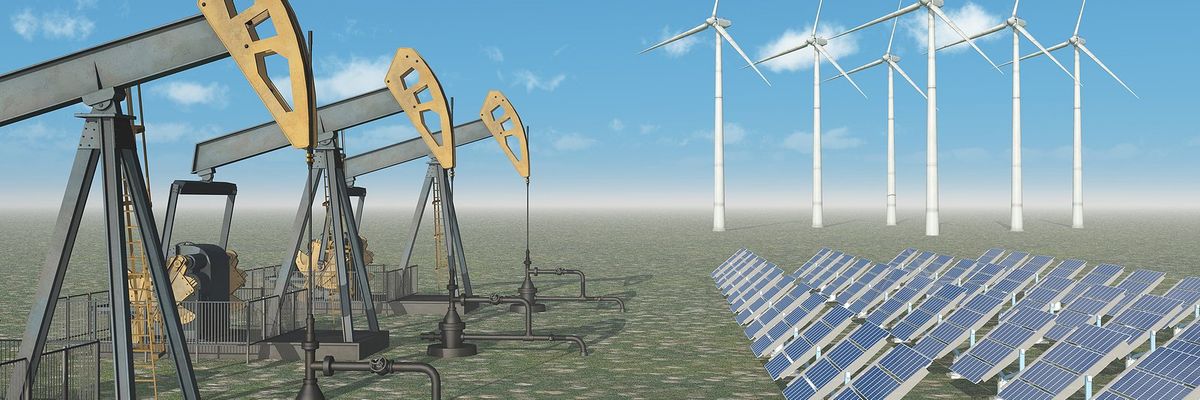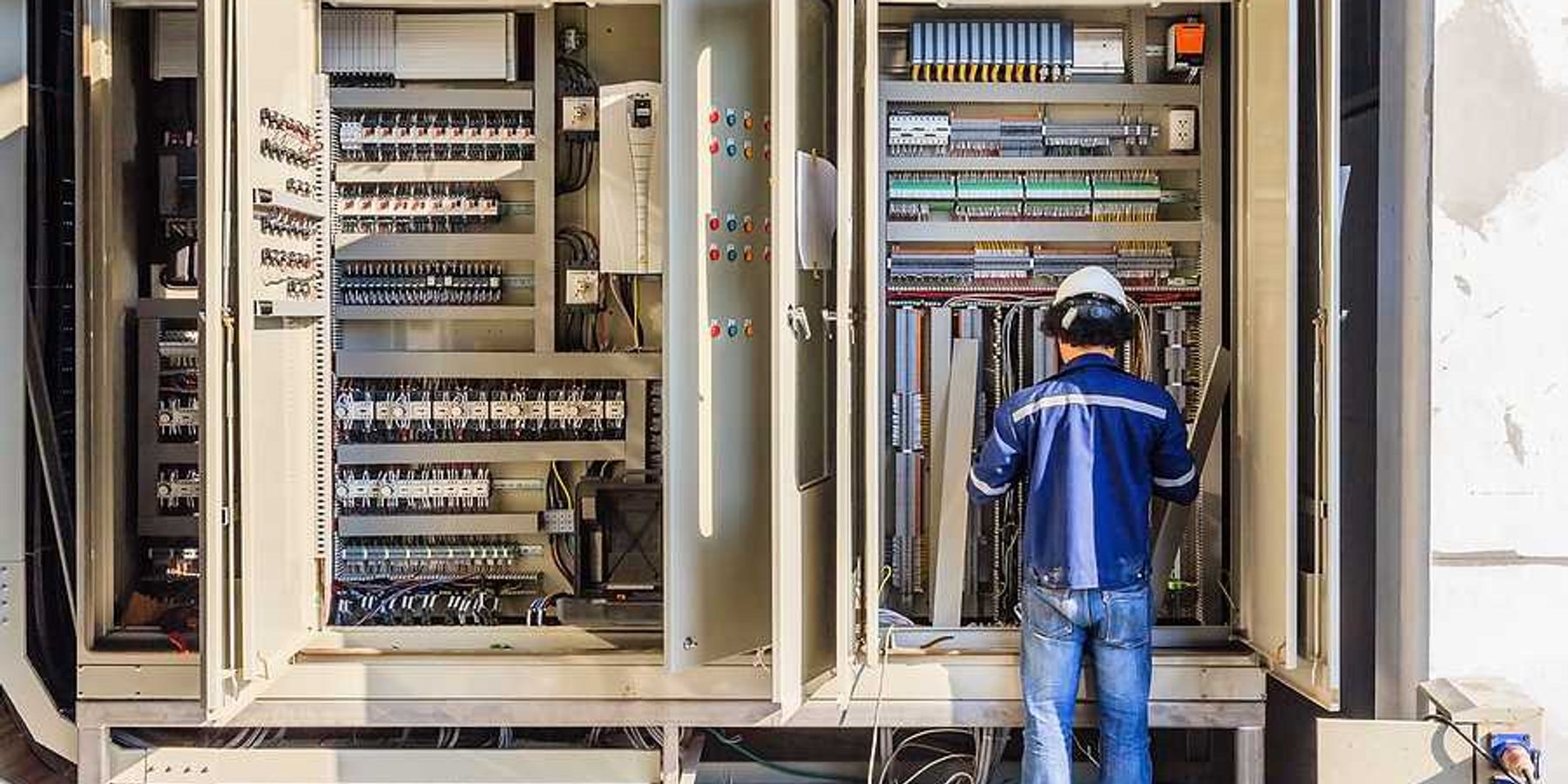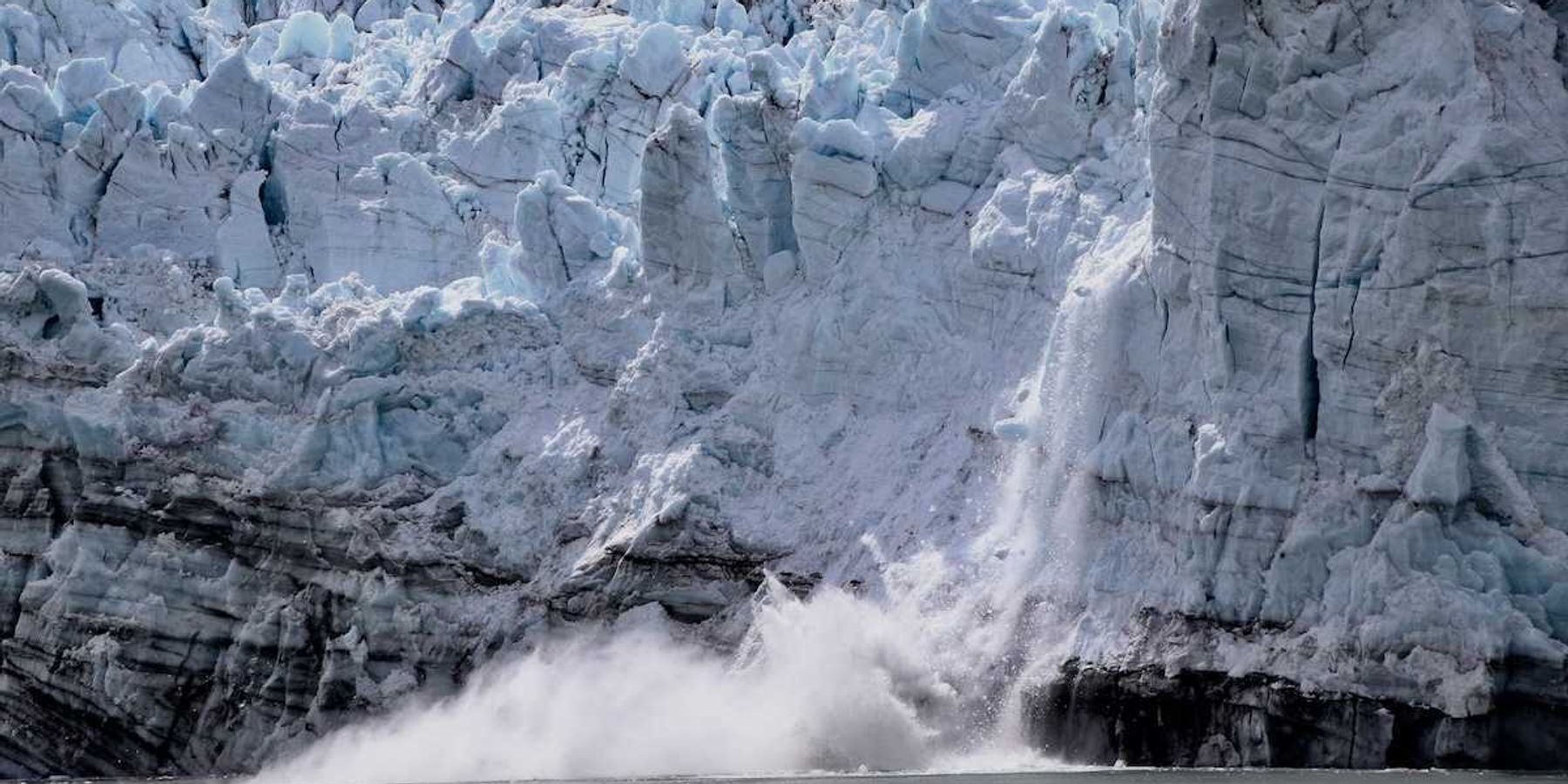abandoned wells
Louisiana faces challenges with carbon storage due to abandoned wells
A new report raises concerns about the feasibility of storing carbon dioxide underground in Louisiana, given the state's high number of abandoned oil and gas wells.
In short:
- Louisiana, leading in proposed carbon storage projects, grapples with the risk posed by 120,000 abandoned wells.
- Experts worry these wells could leak stored carbon dioxide, undermining efforts to combat climate change.
- The state's capability to oversee this complex issue is questioned, amidst fears of insufficient regulatory measures.
Key quote:
"It’s not a question of whether they’re going to leak. It’s a question of how much, how often, and whether it’s an acceptable level of leakage."
— Able Russ, director of the Center for Applied Environmental Science
Why this matters:
Despite its potential, carbon capture and storage faces challenges, including high costs, energy requirements for the capture and compression process, and the need for robust monitoring systems to ensure the CO2 remains securely stored.
In 2021, more than 500 environmental and community groups called on United States and Canadian leaders to abandon efforts to capture carbon emissions from fossil fuels and work harder to curb fossil fuel use in the first place.
The looming cost of unaddressed oil well closures
As the oil industry faces a downturn, unplugged oil and gas wells present significant environmental and financial challenges, potentially burdening taxpayers with the cleanup bill.
Mark Olalde and Nick Bowlin report for ProPublica and Capital & Main.
In short:
- More than 2 million unplugged wells across the U.S. pose environmental hazards and contribute significantly to climate change through methane emissions.
- The financial provisions for well cleanup cover less than 2% of the estimated costs, leaving a substantial financial burden on taxpayers.
- Regulatory loopholes and insufficient enforcement allow companies to evade cleanup responsibilities, exacerbating the problem.
Key quote:
"The data presents an urgent call to action for state regulators and the Department of the Interior to swiftly and effectively update bond amounts."
— Shannon Anderson, organizing director of the Powder River Basin Resource Council
Why this matters:
The environmental and financial fallout from unplugged oil and gas wells affects public health and climate change indicating a pressing need for policy reforms to protect both the environment and taxpayer interests. Lax oversight and accounting sleights-of-hand help to make passing the buck on abandoned oil and gas wells a persistent and pernicious burden on the public good.
How secrecy and regulatory capture drove Alberta’s oil and gas liability crisis
Carbon credit market seizes on a new opportunity: plugging oil and gas wells
A wave of new companies are crafting financial incentives to block emissions from wells that are near the end of their life spans—and orphaned wells with no clear owners. Yet doubts persist about project oversight and the ethos of the market.
Abandoned oil and gas wells emit carcinogens and other harmful pollutants, groundbreaking study shows
The release of cancer-causing benzene and other toxic gases from sites in Pennsylvania raises concerns about millions of other abandoned wells across the U.S.
Pa. advocates say more scrutiny needed over well-plugging money
Some environmental advocates are calling for more scrutiny of how federal money is being spent to clean up orphan oil and gas wells.









